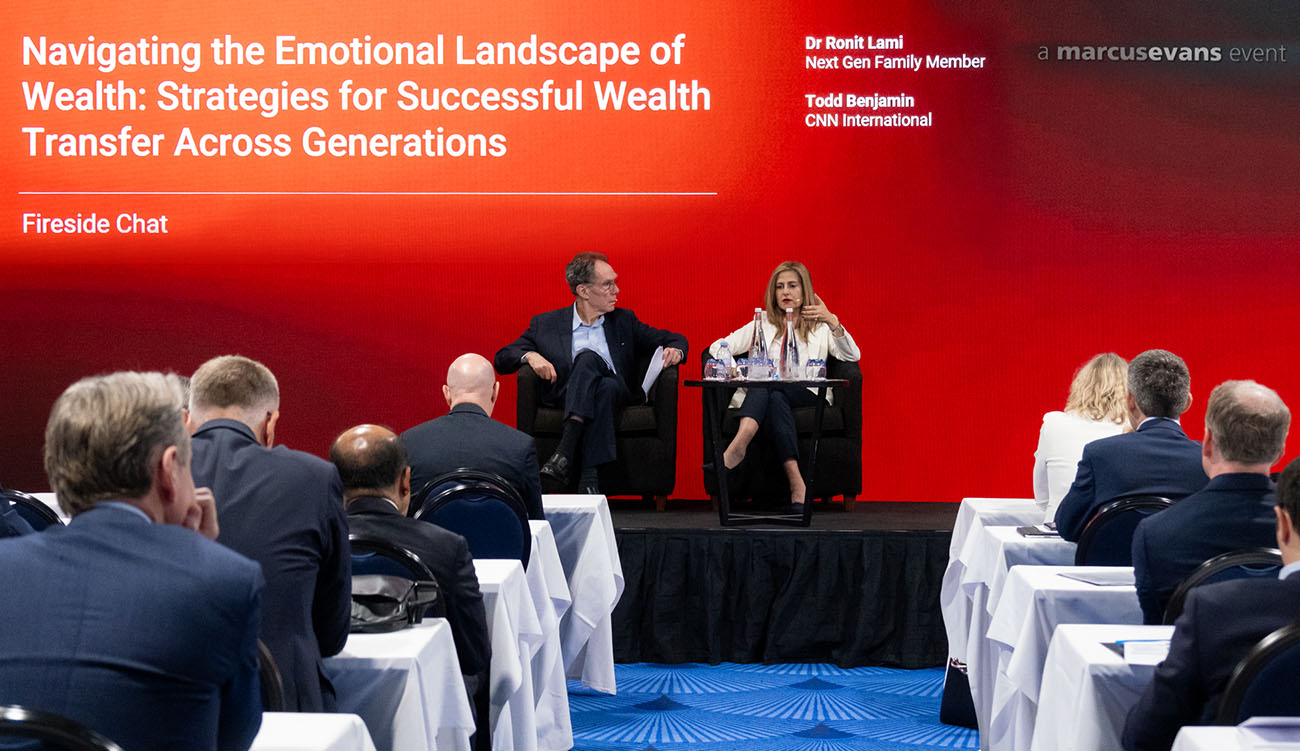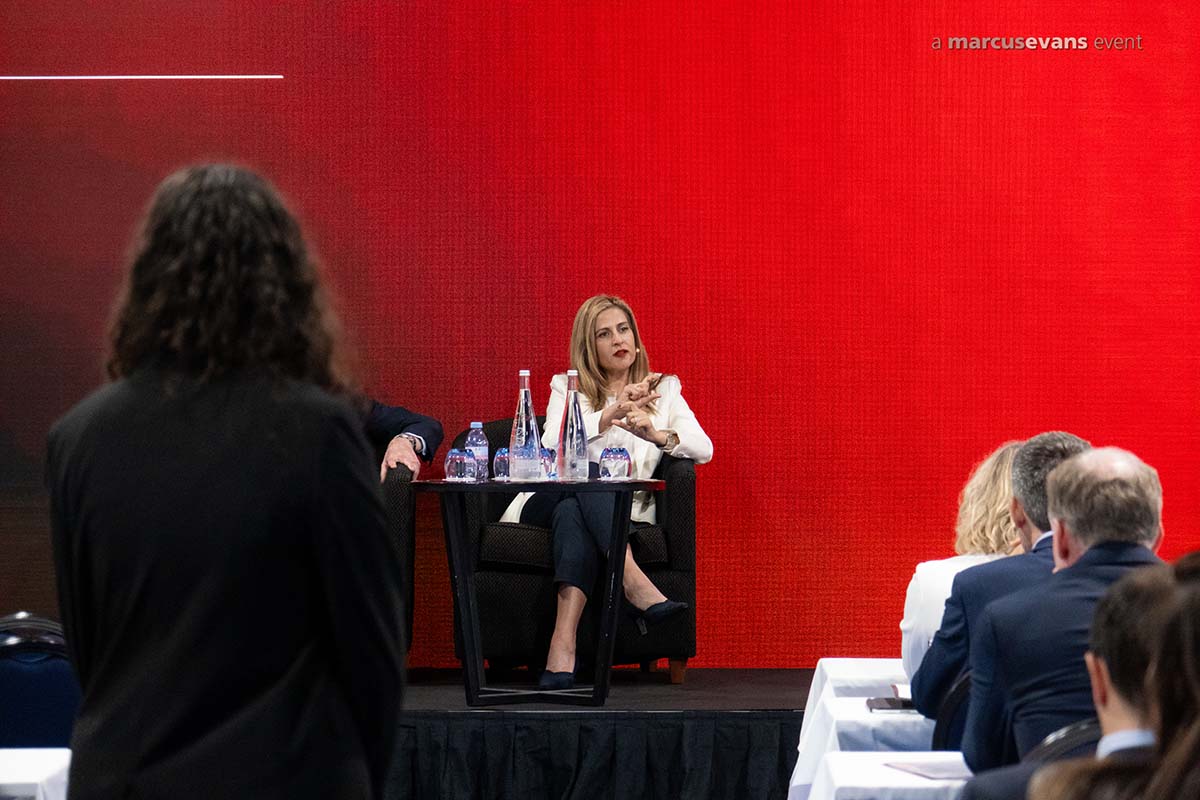Dr Lami featured in a panel discussion with Farrer & Co providing insight into the challenges faced by beneficiaries and trustees for generational change.
She joins a recent panel discussion on trusts and the challenges of generational change. Dr Ronit Lami MSc, PhD. is a wealth psychologist licensed in the US and UK. Assisting wealthy individuals and families with the non-financial aspects of their wealth and their lives.
This panel discussion helps to highlight the difficulties faced and provide practical tips for dealing with the issues encountered by generational changes in a trust.
Areas covered include:
- Educating beneficiaries about how trusts work, and the duties and responsibilities of trustees,
- Communicating effectively with beneficiaries, and engaging with them proactively to minimise the risk of disputes, and
- Identifying members of the trustee team (or the legal team) who can ‘cut through’ and speak to the younger beneficiaries in terms which they understand.
Psychological Implications of Generational Wealth Transition
The panel discussion, featuring Dr. Lami, also delved into the psychological complexities inherent in generational wealth transition. In a realm where financial and legal matters often take precedence, addressing emotional aspects can be neglected. This oversight may engender miscommunication and dissatisfaction among beneficiaries.
Hence, Dr. Lami, with her wealth psychology expertise, shed light on the emotional and psychological intricacies of the wealth transition process. She emphasized that understanding family dynamics, fostering open communication, and building emotional intelligence. Which are fundamental to mitigate potential conflicts and promote a smoother wealth transition.
In this vein, she also proposed psychological education for beneficiaries and trustees to improve their approach towards managing change. Whether you’re a beneficiary or a trustee, understanding the psychological facet of generational wealth transition is crucial.
Find out more by reading the full article below or to book a consultation with Dr Lami please get in touch here.




